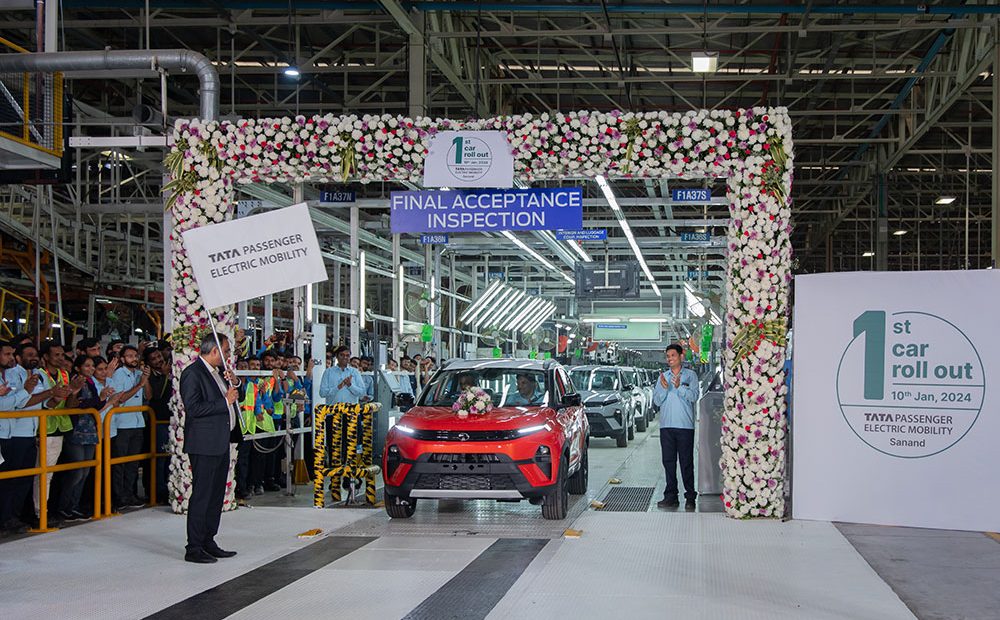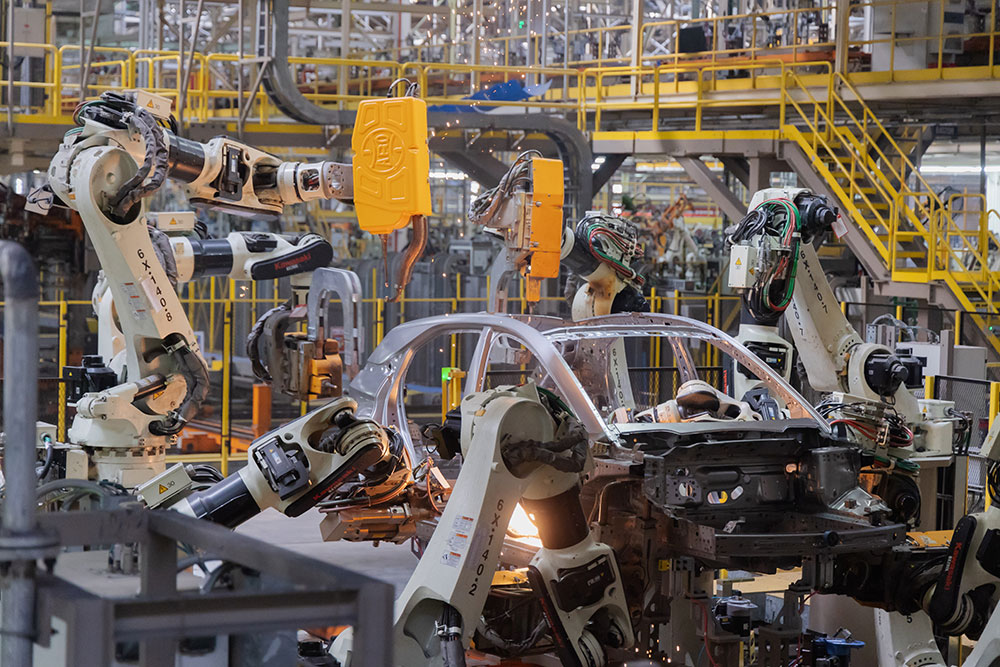India’s EV Sales Projected To Rise 66% In 2024

Country’s Sales Nearly Doubled In 2023
India witnessed nearly doubling electric vehicle (EV) sales in 2023, propelled by high fuel prices, heightened consumer interest, governmental initiatives, infrastructural advancements, and growing environmental concerns.
According to Counterpoint Research, a leading global research firm, projections for 2024 indicate a staggering 66% surge in EV sales in India, which now account for 4% of the total passenger vehicle (PV) sales.
In 2023, amidst a 10% year-on-year growth in passenger vehicle sales, electric vehicles emerged as a noteworthy contender, capturing 2% of the overall PV market.
This surge in EV adoption was boosted by increasing urban consumer preferences, bolstered by rising fuel prices, supportive government policies, and a burgeoning infrastructure network, all underscored by mounting apprehensions regarding climate change.
Dominant Leader
With its robust portfolio and strategic collaboration with Uber, Tata Motors dominated over two-thirds of India’s EV market share in 2023.
However, it faced stiff competition from rivals such as Mahindra & Mahindra and BYD, with the former recording an astounding 2476% increase propelled by the success of its all-electric SUV XUV400.
BYD, despite offering only two models—the e6 MPV and Atto 3 SUV—exhibited remarkable growth of over 1500% in 2023, securing a position among the top five EV brands in India.
New Kid On The Block
Counterpoint Research anticipates Maruti Suzuki’s foray into the EV market to disrupt Tata’s dominance.
At the same time, VinFast’s establishment of a manufacturing facility in Tamil Nadu underscores the escalating interest and investment in EV production within the country.

Commenting on the future trajectory of India’s EV landscape, Liz Lee, Associate Director of Counterpoint Research, expressed optimism. She highlighted the burgeoning EV battery manufacturing sector supported by key players like Ola, Reliance New Energy, and ACC Energy Storage.
Lee also underscored the significance of Indian government initiatives such as the PLI scheme for Advanced Chemistry Cells (ACC) and reduced import duties on EVs under $35,000 to 15%, signalling India’s preparedness to embrace substantial investments and cultivate an ecosystem conducive to EV growth.
In a nod to the potential influx of new players such as Tesla and Chinese EV brands like Xiaomi and Chery, Neil Shah, Research Vice President, Counterpoint Research, stressed the nascent stage of India’s EV ecosystem.
Shah envisioned a future characterised by increased innovation and competition, with India emerging as a pivotal market for domestic consumption, technology research, development, and export opportunities.
The accelerated growth of India’s EV market signals a transformative shift towards sustainable and eco-friendly transportation solutions, aligning with global efforts to combat climate change and usher in a new era of automotive innovation.
Featured image: Tata Motors dominated India’s EV market share in 2023. Credit: Tata Motors













